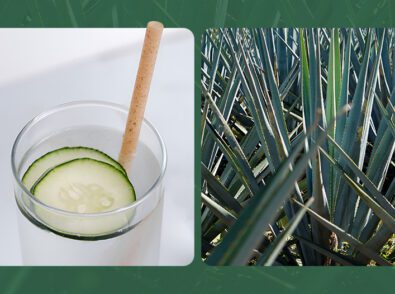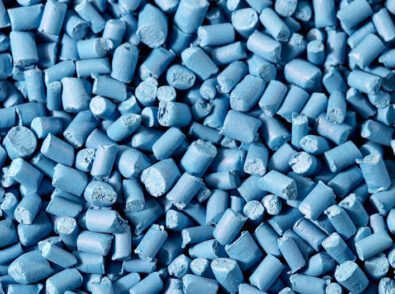
In recent years, there has been a focus on the impact plastic straws have on the environment, which has led to rising demand for viable alternatives. Agave straws stand out as one of the leading sustainable alternatives to single-use plastic straws. These straws are sturdy and have a natural composition, making them suitable for establishments […]


As more people turn to eco-friendly plastic alternatives, agave straws have gained popularity as a sustainable, biodegradable option. Since these straws are plant-based, you may wonder if they’re also edible. The short answer is no—agave straws are not meant to be eaten. Though they are made from natural materials, including agave fiber, their primary function […]


Agave straws are made from agave fibers and are eco-friendly alternatives to plastic straws. They are one of the many types of sustainable straws designed to help reduce single-use plastic waste. Compared to other sustainable straws, agave fiber straws are known for their sturdy and natural composition and aesthetically pleasing look that can enhance beverage […]


In a linear economy, we get our resources from the earth and discard them as waste when we are no longer using them. This economy is also known as the take-make-replace or take-make-use-dispose. Our current economy is linear, and though that comes with many downfalls, there are ways that we can change that.


Natural fibers come from plants, animals and natural processes. They are an excellent resource as they are biodegradable and renewable. Since we can grow or extract different natural fibers in various climates across the globe, there are fewer carbon emissions associated with using natural fibers.


Finding viable alternatives to petroleum-based plastics is essential to fighting climate impact. In the last few years, we’ve seen significant advancements in materials engineering, but one of the most exciting to date is AirCarbon.


When we talk about renewable resources, we’re really talking about sustainability. Renewable resources can be described as anything that renews itself faster than it can be depleted.
Whether referring to raw materials or energy, a renewable source is always better. Creating from a renewable source means we will never run out, harm, or deplete critical habitats that support life on Earth.


Green, renewable, sustainable, ethical practices are fast becoming a standard in most consumer and B2B business models—and that’s a good thing. We only have one planet (at the moment), and it’s up to us to do whatever it takes to keep it healthy; for us, our children, and the other humans, plants, and animals that call it home.


Gluten allergies, sensitivities, and celiac disease are prevalent today. As a result, many people tend to avoid foods with gluten to support their healthy lifestyle. While gluten does not adversely affect everybody, many find it to slow their metabolism or cause intestinal disruption, and eliminating it from their diet helps them feel better.
